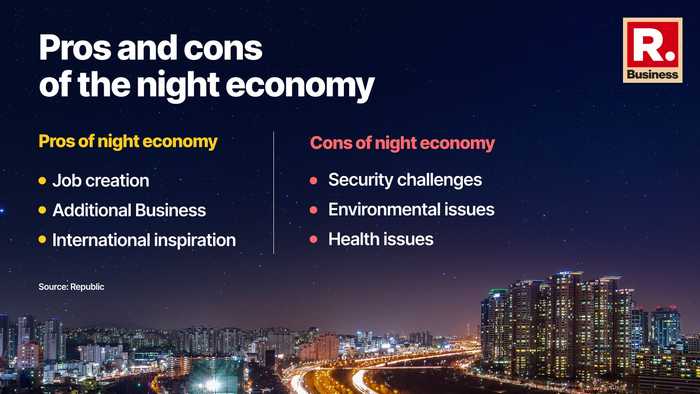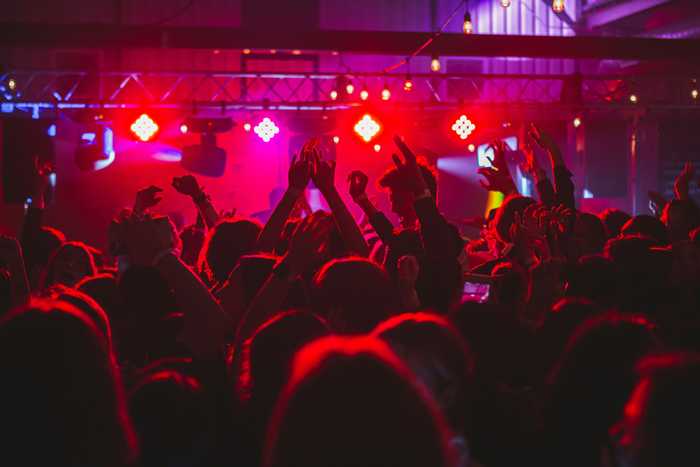Published 14:22 IST, February 25th 2024
In India, various states are actively working to stimulate economic growth, and Delhi, in particular, is taking steps to enhance its nighttime offerings.
Advertisement
Night time economy: In the heart of Delhi, amidst the swanky Aerocity near the international airport, Khubani at Andaz Delhi Hotel emerges as a hotspot for party people. This elegant venue, pulsating with the rhythms of Sufi music, beckons a crowd dressed in their evening best. However, despite the allure of a late-night rendezvous, the city's nightlife remains somewhat restrained.
Khubani stands out as one of the rare nightclubs in Delhi that extends its welcome beyond 1 am. But people and industry insiders lament the scarcity of such establishments in the national capital. According to him, Delhi, despite its status, is far away from transforming into a bustling night-time economy, a contrast to its global counterparts where the party comes alive after dark.
Advertisement

More than bars
A thriving night-time economy encompasses more than just bars and nightclubs. Cities with vibrant nightlife witness increased revenues and job opportunities across various sectors. For instance, London's night-time economy contributed significantly to its GDP, with 1.6 million people working at night in 2017.
Advertisement
While some cities are taking steps to rejuvenate their night economies, a holistic approach is necessary. Policymakers need to consider factors such as concessions on electricity rates, labor law flexibility, and bolstering other sectors to operate seamlessly at night. Infrastructure and security also play pivotal roles in fostering a conducive environment for a flourishing night-time economy.
Despite the challenges, the potential economic growth is substantial. Experts suggest that a unified approach to regulations could contribute 5-10 per cent to the industry, translating to an estimated $30 billion in urban output.
Advertisement
This economic surge, coupled with uniform regulations, could pave the way for a diverse and thriving night-time ecosystem in Indian cities.

In India, various states are actively working to stimulate economic growth, and Delhi, in particular, is taking strategic steps to enhance its nighttime offerings.
Advertisement
In the budget announcement two years back, Delhi's Finance Minister, Manish Sisodia, unveiled a plan to create a policy facilitating the operation of food trucks at designated locations in the city, operating from 8 pm to 2 am. This initiative aims to invigorate Delhi's nighttime economy and create employment opportunities, aligning with broader economic development goals. Former Lieutenant Governor Anil Baijal also stressed the significance of the Delhi Master Plan 2041 in shaping the city's future as an internationally acclaimed nighttime economy. He emphasized that the evolution into a 24x7 city is a gradual process, necessitating incremental steps rather than an instantaneous transformation.
Maths behind night-time economy
Advertisement
Economists analysing the night economy highlight the top 10 cities contributing a substantial $500 billion to India's $ 3 trillion GDP. Projections suggest that even a modest 6 per cent addition to urban output from the nighttime economy could translate to a remarkable $30 billion. This anticipated growth holds significant potential for bolstering the overall Indian economy.
As cities evolve, the envisioned contribution of the nighttime economy to the country's GDP emerges as a substantial driver of economic growth and innovation.
14:22 IST, February 25th 2024